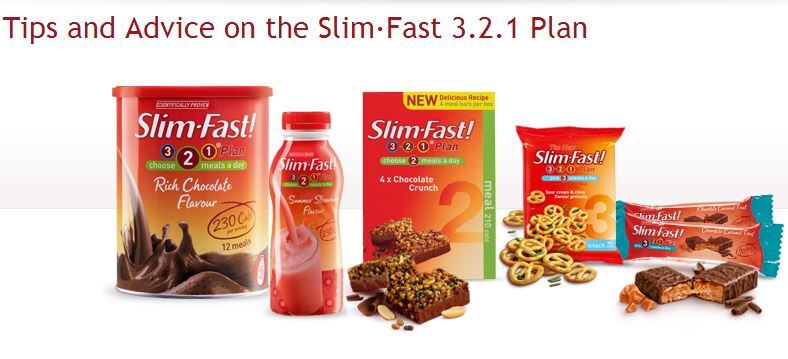“This signals a new dawn for weight loss products,” said Roger Clarke, the president of pan-European group, Specialised Nutrition Europe (SNE). With EFSA backing, such regimes could gain a new legitimacy.
However Clarke told us there “ is a lot of water to go under the bridge” before, and in what form, the findings of the report influence the writing of EU regulations such as Foods for Specific Groups (FSG) and the nutrition and health claims regulation (NHCR).
Total low calorie diets (LCD – 800-1200 calories per day) and very low calorie diets (VLCD – 400-800 calories per day) are very niche and usually prescribed to patients by healthcare professionals suffering from clinical obesity or other medical conditions.
EFSA said…
Rising obesity levels have thrown a more mainstream light on their use – hence EFSA’s report which was requested by the European Commission to help inform its deliberations on how best to regulate the products across the 28-member EU bloc.
EFSA’s scientific assessment concluded a low calorie diet replacement regime should contain a minimum of 600 calories, 75 g of protein and 30 g of carbohydrates per day. It said the diets were only suitable for overweight or obese people without other medical conditions and there was no data to back their safety after three months.
The NDA said the 600 calorie per day figure was determined “from the minimum content of macronutrients” in the foods which should “provide at least the Population Reference Intake (PRI) or the Adequate Intake (AI) for adults of all indispensable nutrients.”
One dietician called the report “disgusting” as it would promote crash diets that are not proven effective in the battle against the bulge, but Clarke noted the medical route that most commonly led to their use and added his group advocated responsible use of products like meal replacement shakes and bars.
Labelling agenda

If EFSA’s recommendations are implemented in law, it could mean products like bars and shakes and other items in ranges like Unilever’s Slimfast, will have to carry information about their use in low-calorie diet regimes.
This is set to occur in 2016 but logistical issues may arise due to large amounts of information being required on often very small packages like that of a bar.
“Perhaps some of the required information will flow onto websites,” Clarke speculated.
There are two approved weight-related health claims for meal replacements and these may also influence how the products are classified under the FSG.
“We urge European decision makers to now translate this updated scientific evidence into legislation in an appropriate way which will meet the current needs and expectations of both consumers and healthcare practitioners,” Clarke said.
SNE expressed opposition to the separation of LCD and VLCD in the law. “While total daily replacement products (VLCD & LCD) will be clearly regulated under the new FSG Regulation, meal replacements and part of meal replacements will fall under general food law once the new FSG rules will become applicable in 2016.”
“In light of this new opinion from EFSA, SNE calls for legislative consistency for all categories of slimming foods, in order to ensure consistency for consumers who depend on these products as a safe and efficient way to lose and maintain weight after weight loss.”
